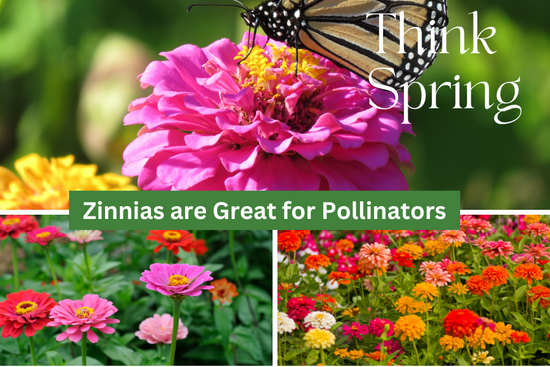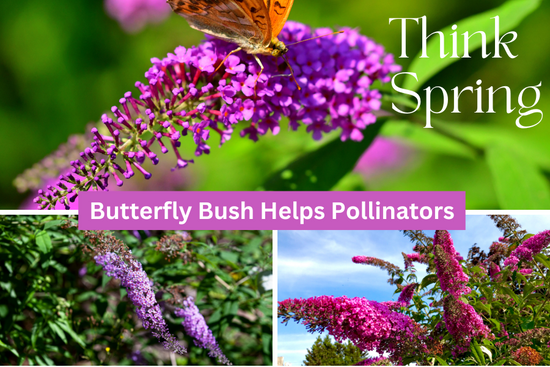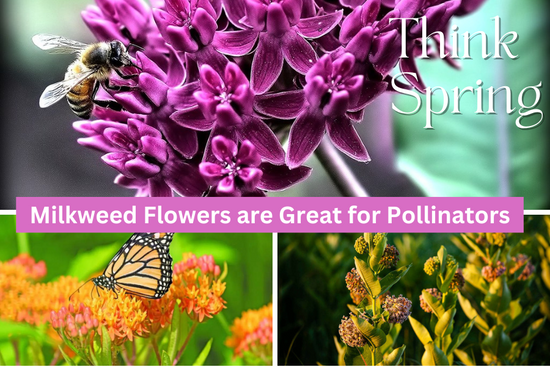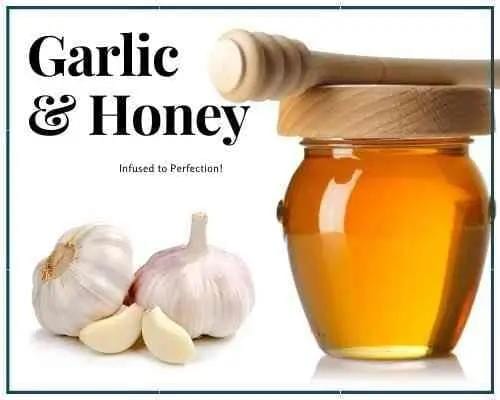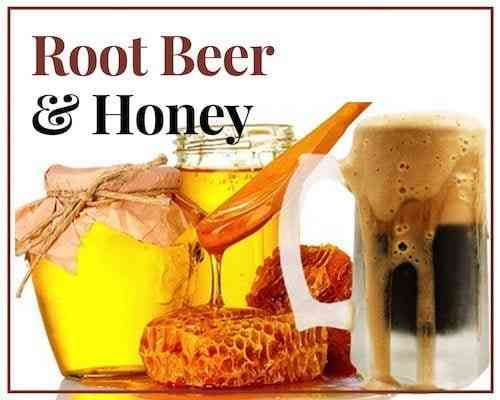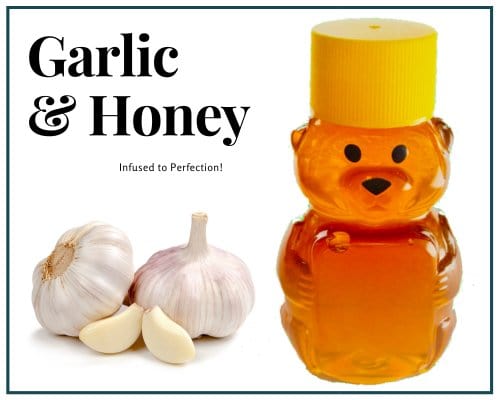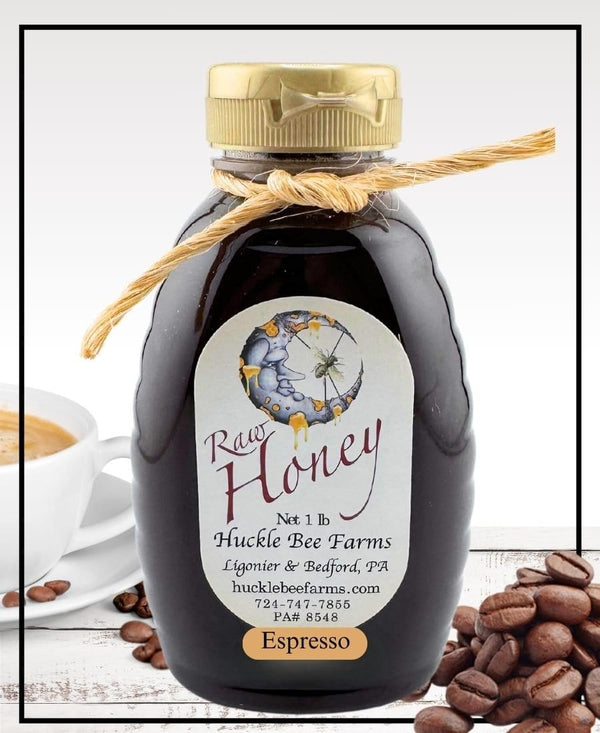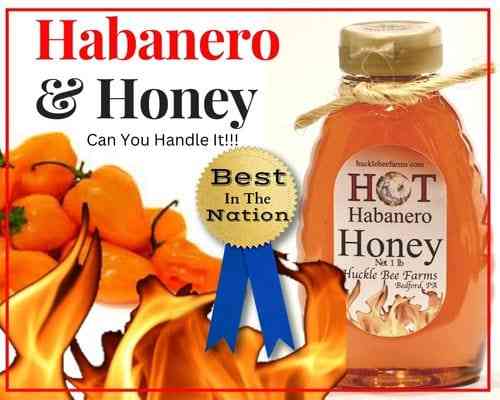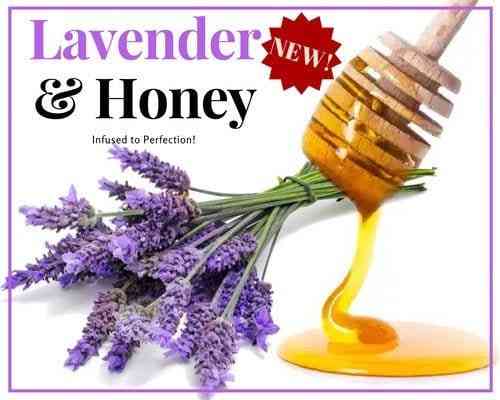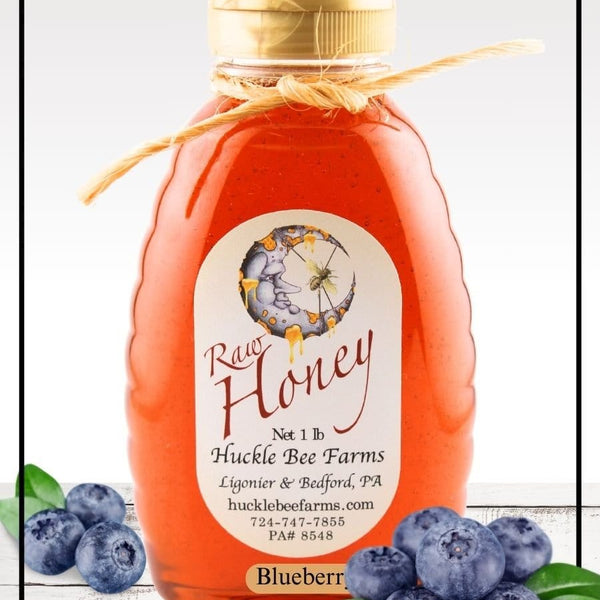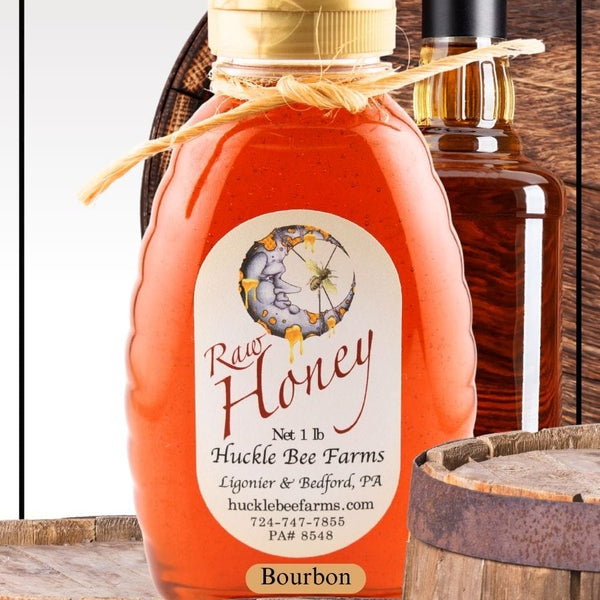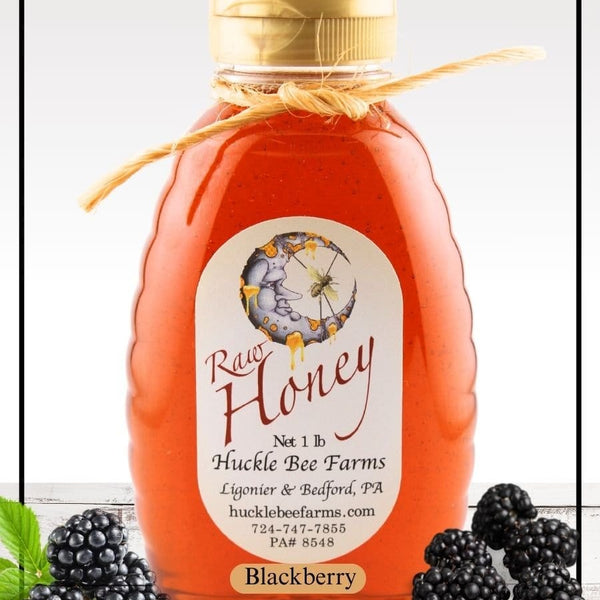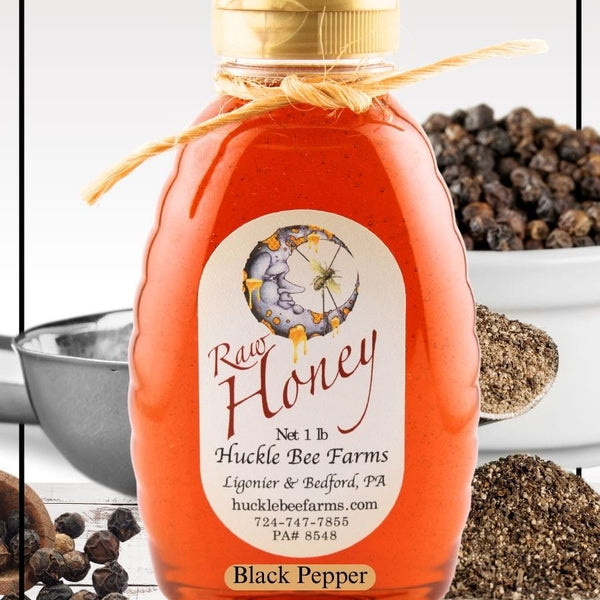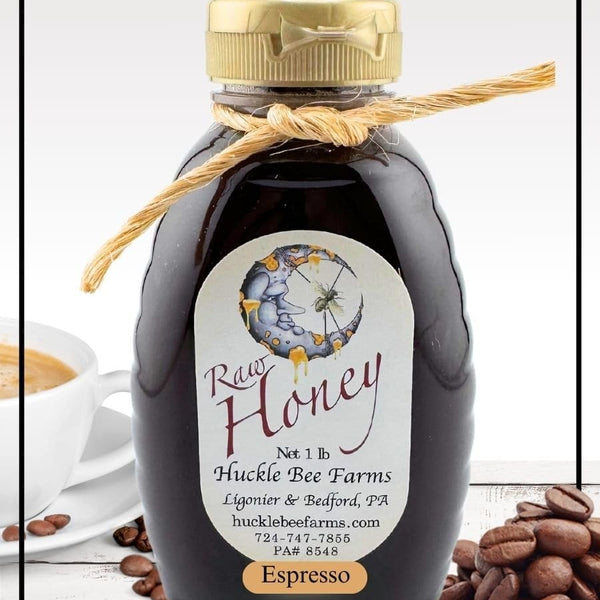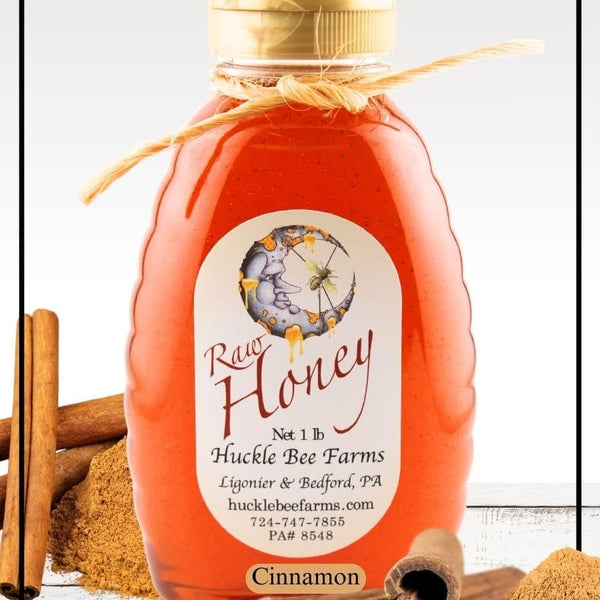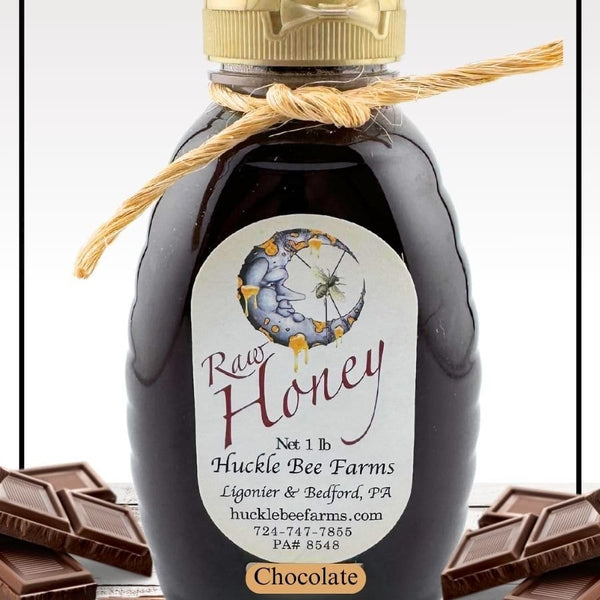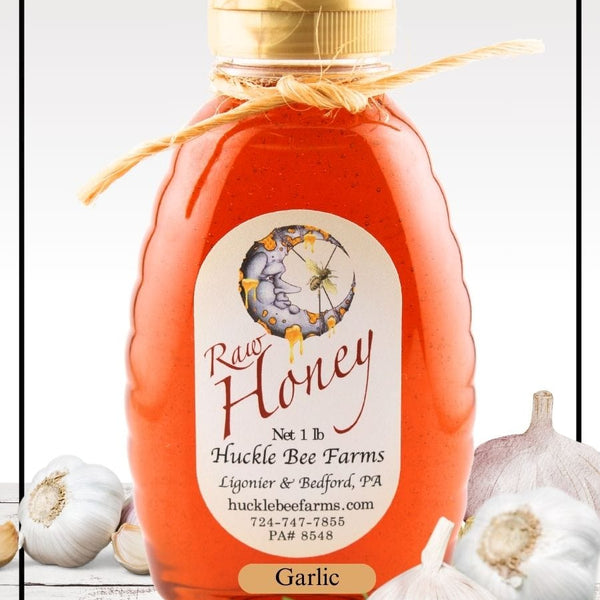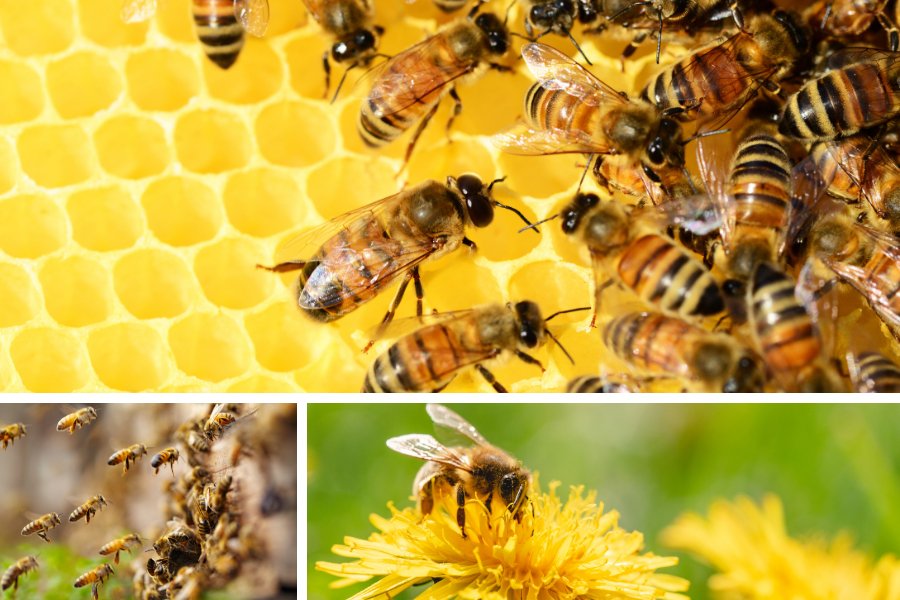
Nectar of Life: The Honey Bee's Treasure
Every Ask... Why do Honey Bees produce Honey?
Humans all over the world love honey, a delicious and nutritious food. But have you ever wondered why bees produce honey?
Let's discuss how honey helps bees survive in their colonies. Honey is important for bees to stay alive and healthy.
Honey Bees make honey to save food for winter when there are not many flowers. Worker bees gather nectar from flowers and take it back to the hive. Other worker bees chew the nectar and mix it with enzymes to make it sugary. Bees store the mixture in cells and fan it with their wings to remove water, creating honey.
Honey serves as a source of energy for bees, providing them with the carbohydrates they need to fly and forage for food. It also has antibacterial properties that help protect the hive from diseases. Bees use honey to feed the queen bee and larvae, helping the colony survive and grow.
When you eat honey, remember it's important for bees too, not just a treat for us. Honey helps bees survive. The honey bee's treasure truly is the nectar of life.

Honey Production
Here is some important information why honey is so important and how you can help save the bees.
Bees make honey for food. Worker bees gather nectar from flowers and store it in the hive. The nectar turns into honey in the honeycomb cells by drying out and mixing with enzymes. The bees then seal the cells with beeswax to preserve the honey for future use.
Food Source
Honey is the primary food source for bees, providing them with the necessary energy and nutrients to survive. In winter, bees use stored honey in the hive when there are no flowers for nectar. This is why it is crucial for bees to produce and store enough honey during the warmer months to last them through the winter.
In addition to being a vital food source for bees, honey also has numerous health benefits for humans. Honey has antioxidants, vitamins, and minerals that boost the immune system and promote well-being as a natural sweetener. People have used honey for centuries in traditional medicine to treat various ailments, from sore throats to wounds. The antibacterial properties make it an effective remedy for fighting infections and promoting healing.
People enjoy honey for its health benefits and delicious taste. Chefs and bakers often use it in cooking and baking as a natural sweetener and flavor enhancer. Whether drizzled over yogurt or used in marinades, honey adds a special touch to many dishes.
The way bees make honey is interesting and important for bees and people. By valuing and helping bees, we can enjoy the good things honey gives us, like nutrition.
Honey is not only important for the survival of bees, but it also provides them with essential nutrients. Honey is rich in carbohydrates, which provide bees with the energy they need to fly and forage for food. It has some proteins, vitamins, and minerals that bees need for good health and well-being.

Brood Food
Honey is important for bee larvae. The worker bees put the egg laid by the queen bee in a cell with a little honey. The honey is the main food for the larvae until they become adult bees.
In addition to being a vital food source for bees, honey also has numerous health benefits for humans. Honey can help with coughs, sore throats, and wounds because it has antibacterial and antioxidant properties in traditional medicine. Commonly used in skincare for moisturizing and healing benefits.
Honey is a useful ingredient in cooking and baking, adding sweetness and flavor to many dishes. You can use it on yogurt, oatmeal, tea, and desserts as a natural sweetener. Many people keep honey in their pantry because it is versatile and delicious.
By helping bees and using sustainable beekeeping, we can make sure there is always honey and all its benefits. When you eat honey, remember to thank the bees that worked hard to make it. Bee grateful for their efforts when enjoying honey in recipes.
Communication
Honey also plays a role in communication within the bee colony. Bees use pheromones to communicate with each other, and honey is one of the substances that carries these pheromones. Bees use honey to tell other bees where to find food or if there is danger. They put honey in different places in the hive to share information.
Storage
Honey is food for bees and used for storing things in the hive. Honey is food for bees.
Bees also use honey for storing things in the hive. They store pollen in honey for protein. Bees also store extra nectar in honey for making more honey or feeding the colony when food is scarce.
Honey is a vital resource for bees, providing them with essential nutrients and energy. Bees leave the hive to collect nectar from fruits and vegetables to make honey. When they return to the hive, they store the honey in cells in their hive after regurgitating from their honey stomach and evaporating it. The bees carefully seal the cells with beeswax to protect the honey from outside elements and preserve it for future use.
Honey is important for bees because it helps them communicate and stay organized in their colony, not just as food. Bees communicate by placing honey in various spots in the hive to share important messages with other colony members.
When a bee finds food, it will come back to the hive. The bee will then do a dance on the honeycomb. This dance shows other bees where the food is. It also shows how far away the food is.
Overall, honey serves as a multifunctional resource for bees, providing them with sustenance, storage, and a means of communication. The hive shows how bees have a well-organized society.
Conclusion
In summary, honey is important for bees. It gives them food, nutrients, helps them communicate, and stores things for them. So the next time you enjoy a spoonful of honey, remember the important role it plays in the lives of these incredible insects.
Do you have any interesting honey bee facts to share? Let us know in the comments below!
Huckle Bee Farms
www.hucklebeefarms.com




